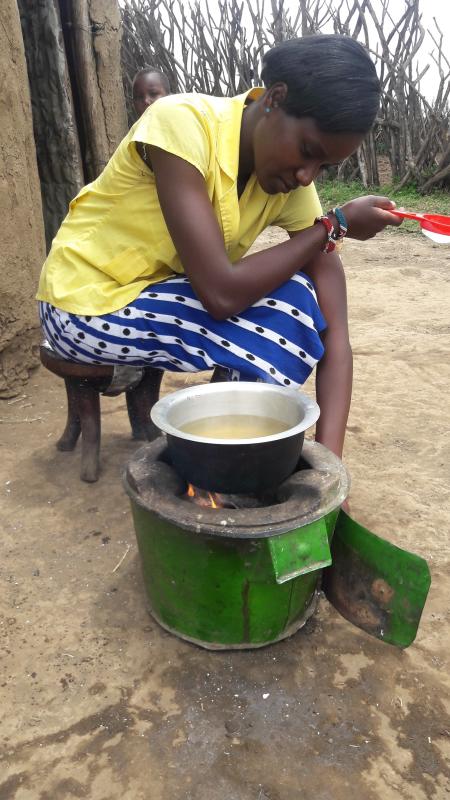×
The Standard e-Paper
Smart Minds Choose Us

Alice Shonko uses a multi-purpose portable stove to prepare a meal in Mt Suswa conservancy in Narok County.
NAROK, KENYA: Cases of game meat trade and charcoal burning have reportedly dropped around Mt Suswa conservancy off the Mai Mahiu-Narok road.